The Lost Continent of Atlantis
— CoverUps.com
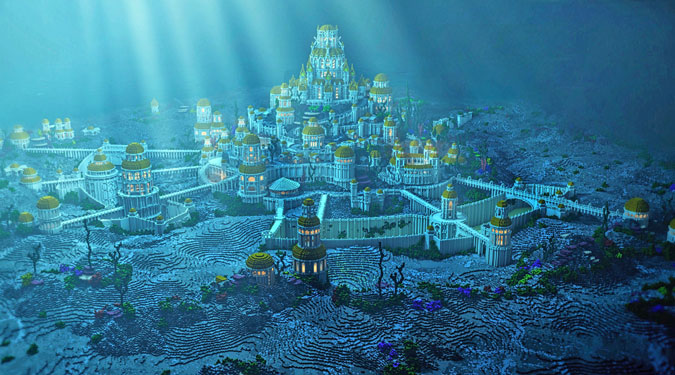
Man has long been fascinated with the possibility of Atlantis, a lost and advanced civilization existing thousands of years before The Age of Greece, one that was perhaps as culturally and technically advanced as any mankind has ever seen.
By Matt DeReno
CoverUps.com Staff Writer
Atlantis: An Introduction
There has long been speculation about what led to the destruction of Atlantis, if we are to say it ever existed. Such a demise would surely have been a cataclysmic event, a tectonic plate shifting or perhaps a terrifying deluge that wiped them off the map — only to leave mere traces of their doomed society buried under layers of volcanic ash and sediment at the bottom of the Atlantic Ocean.
The Greek philosopher Plato is credited with making the first reference to Atlantis in The Critias, in which he discusses political theories and philosophy. Ever since then, scholars have debated the actual existence of such a “lost civilization” and speculated on its whereabouts.
In the 19th Century, paranormal expert Edgar Cayce claimed he could channel the spirits of this lost civilization. He attributed to the Atlantis civilization a powerful crystal, which was the source of much of their technological superiority.
Before Cayce, the 1882 publication of Atlantis: the Antediluvian World by Ignatius L. Donnelly stimulated much popular interest. Donnelly took Plato's account of Atlantis seriously and attempted to establish that all known ancient civilizations are descended from its high Neolithic culture.
At about the same time, ideas about the legendary nature of Atlantis were combined with stories of other lost continents, such as Mu and Lemuria, by other occult fabulists.
In our time, the allure of Atlantis is undiminished, as evidenced by the popular Sci-Fi Show, Stargate Atlantis. What is it about this subject which we find so compelling?
First comes the obvious question — did Atlantis really exist? If so, where would it have most likely been? Why did it disappear? Are parts of its magical culture preserved in contemporary cultures? These and other questions continue to vex us.
The Legend
As legend would have it, well over 11,000 years ago there existed an island nation in the middle of the Atlantic Ocean populated by a noble and powerful race. Atlantis experts believe the civilization flourished from about 60,000 to 11,000 BCE.
The people of Atlantis possessed great wealth thanks to their island’s abundant natural resources. Atlantis was a center for trade and commerce. Its influence penetrated well into Europe, Africa and the Mediterranean.
We don't know much about Atlantis' political, social systems and degree of development since the only dialogue which speaks of it, The Critias, is brief and incomplete, and consists mostly of geographical information.
Plato’s portrait of Atlantis depicts a harmonious island, a place where nature generously provided all manner of flora and fauna for the people who called themselves Atlanteans. The climate was conducive to two crops every year and because of that, Atlanteans never knew want.

(From Wikipedia – Public Domain Image)
"Atlantis" by Lloyd K. Townsend
According to Plato, Atlantis was bigger than
Libya and Asia and was situated in front of the
Pillars of Hercules, in the ocean which
he called “Atlantic.”.
The island was divided into ten kingdoms, each ruled by a king since in earlier times. The first king, Poseidon, begat five sets of twins who inherited the Atlantean empire.
Kings had full powers in their kingdom over people and things; the arrangement was similar to that of the Incas of South America. The capital city, built by the god Poseidon, flourished in a highland surrounded by mountains.
The city's plan was fascinating: the acropolis was encircled by three canals of water and two rings of land.
The outer land ring was reinforced by walls clad in copper, the second by walls covered by tin. The wall encircling the acropolis glittered with “orichalcum,” a legendary metal now lost, and reputed to be second in value only to gold.
Ships navigated through the canals, which had locks and gates. The rings of land were linked through bridges. The walls featured guard towers to help protect the populace. Multicolored stones and metals were the main bricks of Atlantis architecture. Houses were built with three different kinds of stone: white, red and black.
The most lavish building of the Acropolis was a temple dedicated to Poseidon and Cleito, the mortal being he married before giving birth to the Empire of Atlantis, as legend tells it.
According to that legend, the Acropolis was sheltered by a golden enclosure adorned with statues and surrounded by walls of silver. Inside it was decorated with gold, orichalcum, ivory and silver.
Most of the houses, shops and public places were located outside the outer water ring, on the plains. The plains were populated with cities purportedly laid out in grid-like fashion, much like our modern cities.
Resources of all types were gathered and distributed in districts, which were the basic political unit of the plains cities.
At the top of the central hill, a temple was erected to honor Poseidon. It housed a giant gold statue of him riding a chariot, pulled by winged horses. It was here that the rulers of Atlantis would come to discuss laws, pass judgments, and pay tribute to Poseidon.
So what happened to this great civilization?
Atlantis is destroyed
There are numerous theories concerning the final destruction of Atlantis, involving massive floods, earthquakes, wars — even earth-crust displacement.
Earth-crust displacement theory holds that when the polar ice caps acquired too much mass, they shifted in one great piece, re-positioning everything in relation to the poles. The result was a catastrophe that toppled Atlantis.
Edgar Cayce, on the other hand, saw a civilization destroyed by excessive use of explosives to hunt animals. He also saw that before its final destruction, the Atlantean continent was split into five massive islands by immense earthquakes.
Cayce also believed there was a strong cultural aspect to this destruction. The Atlantean diaspora sought to teach their ways to anyone they could find, so that their great civilization would not be lost altogether.
Cayce says there are traces of the Atlantean civilization among the Native American peoples, as well as in cities in Egypt, Morocco, and Central America.
Plato summed up what happened to this civilization with this passage in The Critias, written in 360 BCE. Ironically, it is the first mention of Atlantis in recorded history.
"Let me begin by observing first of all, that nine thousand was the sum of years which had elapsed since the war which was said to have taken place between those who dwelt outside the Pillars of Hercules and all who dwelt within them; this war I am going to describe. Of the combatants on the one side, the city of Athens was reported to have been the leader and to have fought out the war; the combatants on the other side were commanded by the kings of Atlantis, which, as I was saying, was an island greater in extent than Libya and Asia, and when afterwards sunk by an earthquake, became an impassable barrier of mud to voyagers sailing from hence to any part of the ocean."
– Plato, The Critias, 360 BCE
According to the site skepdic.com, Edgar Cayce is responsible for some of the more outlandish notions about how Atlantis was destroyed, including the idea that the Atlanteans possessed some sort of Great Crystal. Cayce called it the “Tuaoi Stone” and said it was a huge cylindrical prism used to gather and focus "energy," thus allowing the Atlanteans to do all kinds of fantastic things. But they got greedy and stupid, tuned up their Crystal to too high a frequency and set off volcanic disturbances that led to the destruction of their ancient world.
In other words, Cayce blames their ultimate destruction on that oldest of human follies, moral corruption.
Possible locations for Atlantis
It seems everyone has their own theory on where Atlantis was located. Hundreds of potential locations have been proposed. Not all of them are even physical. Many scholarly hypotheses suggest Atlantis is only accessible by psychic powers or other pseudoscientific means.
Most of the proposed locations are in or near the Mediterranean Sea: islands such as Sardinia, Crete and Santorini, Cyprus, Malta, and Ponza, for example. Land-based cities or states such as Troy, Tartessos or Tantalus, Turkey, and the new theory of Israel-Sinai or Canaan have also been suggested.
The enormous volcanic Thera eruption, dated either to the 17th or the 15th century BCE, caused a massive tsunami that experts hypothesize devastated the Minoan civilization on the nearby island of Crete, leading some to believe that this may have been the catastrophe that inspired the story.
Others contend that the story's time scale has been distorted by an error in translation, probably from Egyptian into Greek. This error resulted in a "thousands" instead of "hundreds." If we take this into account, we could recalibrate Plato's Kingdom of Atlantis to the size of Crete, while leaving the city the size of the crater on Thera. Proponents of this theory calculate that 900 years before Solon is roughly equivalent to the 15th century BCE.
Other experts put the locations as wide-ranging as Andalusia, Antarctica, Indonesia, underneath the Bermuda Triangle, and the Caribbean Sea. In the area of the Black Sea the following locations have been proposed: Bosporus and Ancomah (a legendary place near Trabzon).
The submerged island of Spartel near the Strait of Gibraltar would coincide with some elements of Plato's account, matching both the location and the date of submersion given in The Critias. Popular culture increasingly places Atlantis in the Atlantic Ocean, thus perpetuating the original Platonic ideal.
Areas in the Pacific and Indian Ocean have also been proposed, including Indonesia, Malaysia, or both. Stories of a lost continent off India called "Kumari Kandam" have parallels to the Atlantis story.
Some argue that Atlantis stretched from the tip of Spain to Central America. According to Ignatius L. Donnelly there is a connection between Atlantis and Aztlán, which he describes as the ancestral home of the Aztecs.
He claims that the Aztecs looked east to the Caribbean as the former location of Aztlan. Some have considered the Philippines to be the possible site of Atlantis and proposed that its archipelago of islands is actually the remnants of Atlantis's mountains.
The Canary Islands have also been identified as a possible location, west of the Straits of Gibraltar, but in close proximity to the Mediterranean Sea. Various Atlantic islands or island groups have also been identified as possible locations, notably the Azores, and even several Caribbean islands.
The CoverUps.com Conclusion
Though there is no hard evidence proving the civilization of Atlantis ever existed, we cannot discount the possibility. Was it a figment of Plato’s mind? Did he simply use it as an illustrative teaching device to describe political philosophy? Or was he drawing on the historical remnants of a very real civilization that was tragically wiped out? The end to the debate over these and other scenarios is nowhere in sight, but one thing is certain: until it is proven otherwise, it can't hurt to keep looking and asking questions about where Atlantis might once have been and why and how it met its doom.
If CoverUps.com can add to the corpus of theories on the subject, we might suggest the same thing that wiped out the Mammoths around 11,000 BCE, when they all disappeared almost overnight — an asteroid of some sort. Death from above, anyone?
Scientists who study fossilized Mammoth tusks have found in them trace elements of metals that are common only in asteroids. These metals are embedded deeply in the tusks. The speed and force required to do this can come from but a few causes. Surely an asteroid must rank high on that dreadful list.
Few now dispute that the Earth does, from time to time, suffer from such cataclysmic events — just ask the dinosaurs...
References
| • | "Atlantis: the Myth," Encyclopedia Mythica from Encyclopedia Mythica Online. |
| • | Erlingsson, U (2004). Atlantis from a Geographer's Perspective: Mapping the Fairy Land, Miami: Lindorm. ISBN 0-9755946-0-5 |
| • | Flem-Ath R, Wilson C (2001). The Atlantis Blueprint: Unlocking the Ancient Mysteries of a Long-Lost Civilization, Delacorte Press |
| • | Gill, C (1976). 'The origin of the Atlantis myth', Trivium, vol. 11, pp. 8-9. |
| • | Griffiths, JP (1985). 'Atlantis and Egypt', Historia, vol. 34, pp. 35f. |
| • | Heidel, WA (1933). 'A suggestion concerning Plato's Atlantis', Daedalus, vol. 68, pp. 189-228. |
| • | Jordan, P (1994). The Atlantis Syndrome, Stroud: Sutton Publishing. ISBN 0-7509-3518-9 |
| • | Zangger, E (1993). The Flood from Heaven: Deciphering the Atlantis legend, New York: William Morrow and Company. ISBN 0-688-11350-8 |
| • | Morgan, KA (1998). 'Designer history: Plato's Atlantis story and fourth-century ideology', Journal of Hellenic Studies, vol. 118, pp. 101-118. |
PHOTOGRAPHS
Hover your mouse over the pictures below for captions.
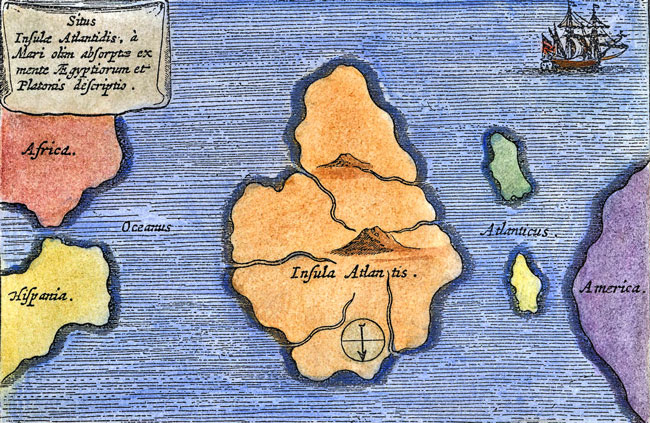
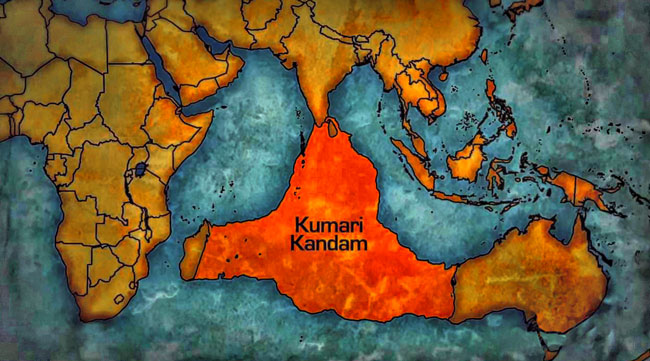
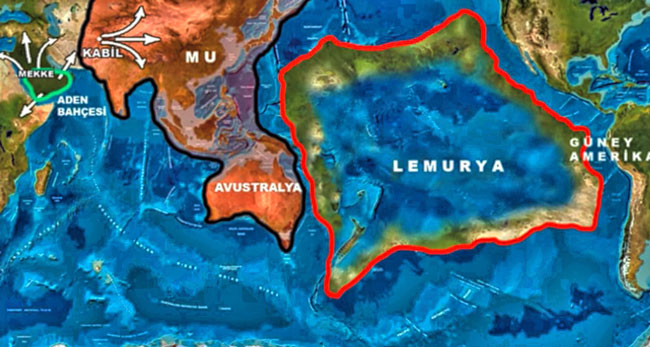


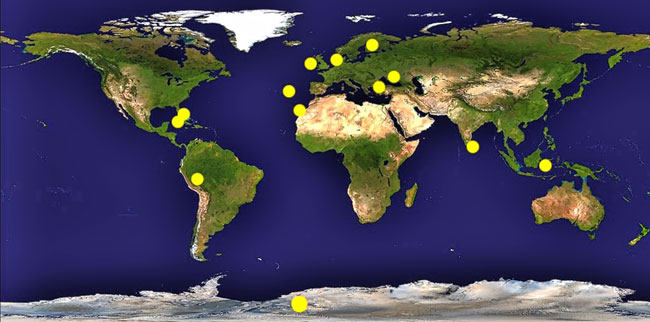
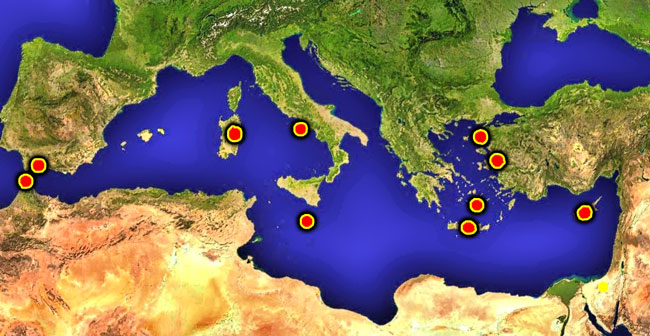
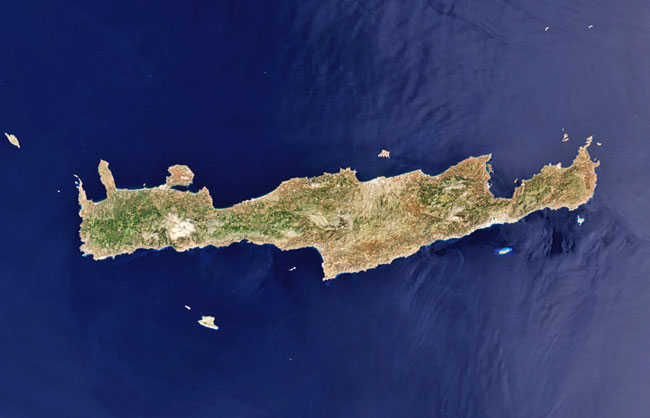
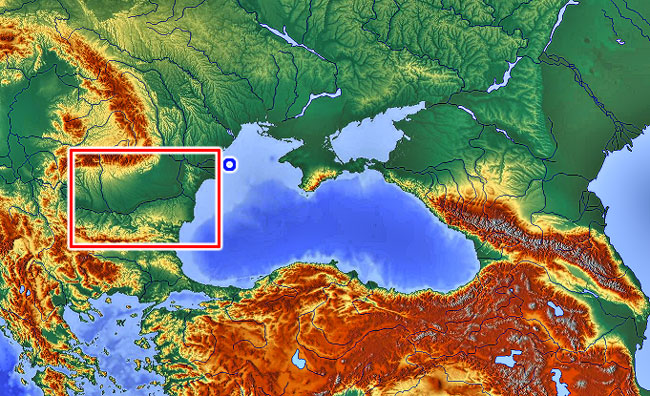
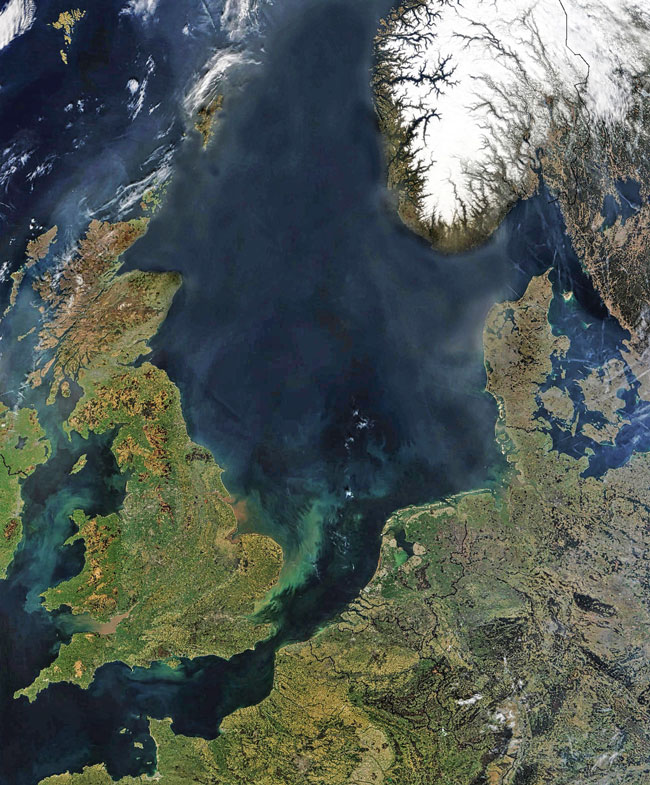

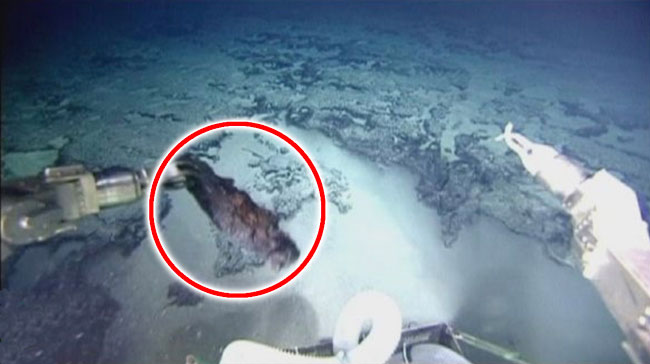
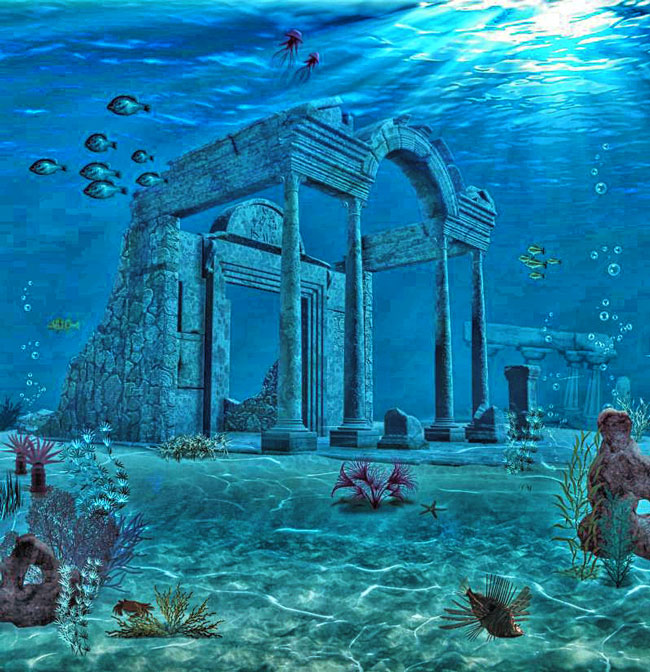
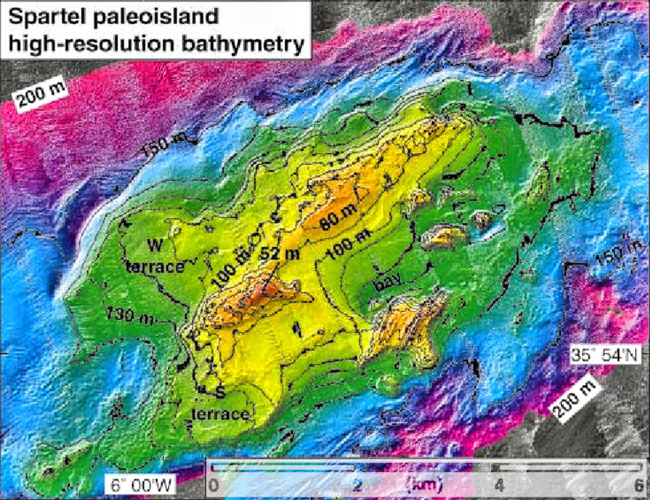
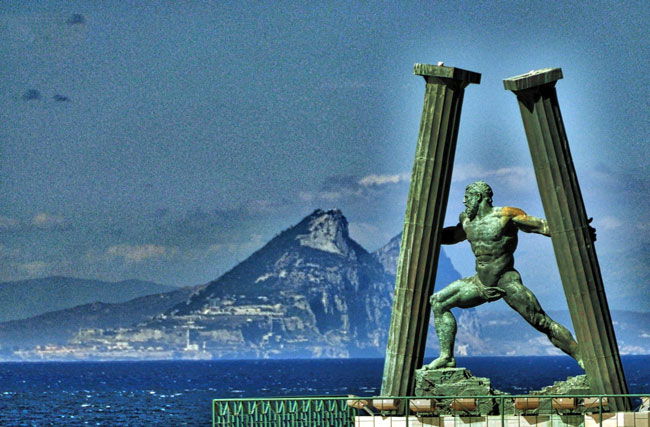
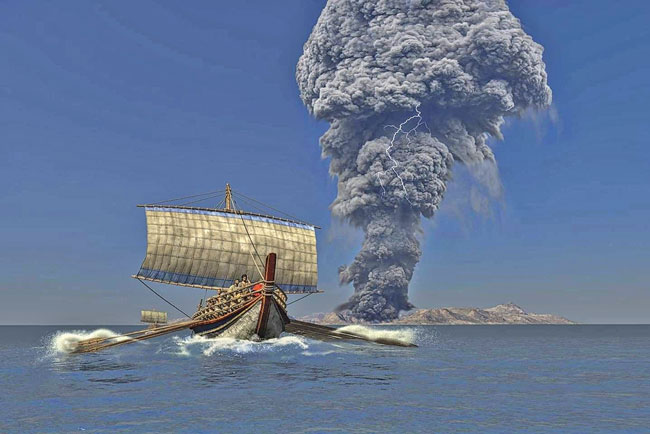

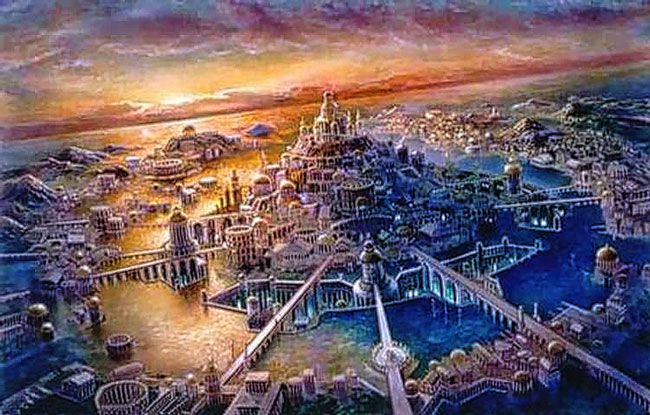
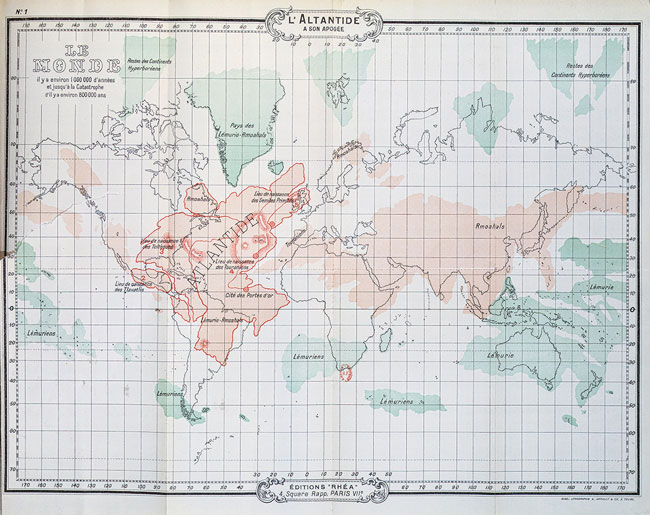
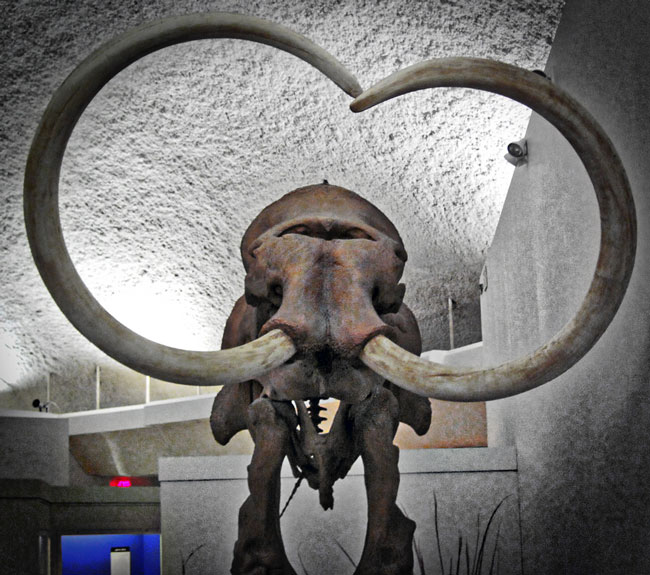
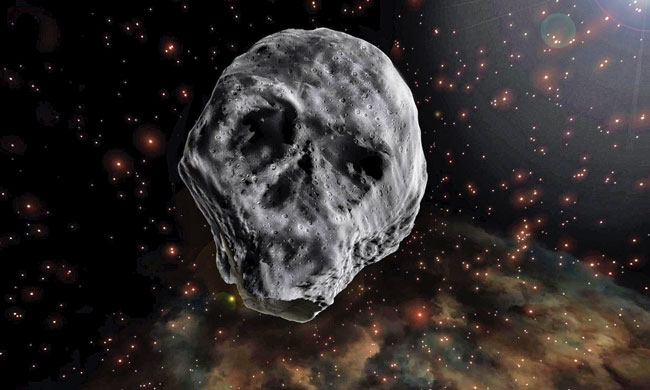
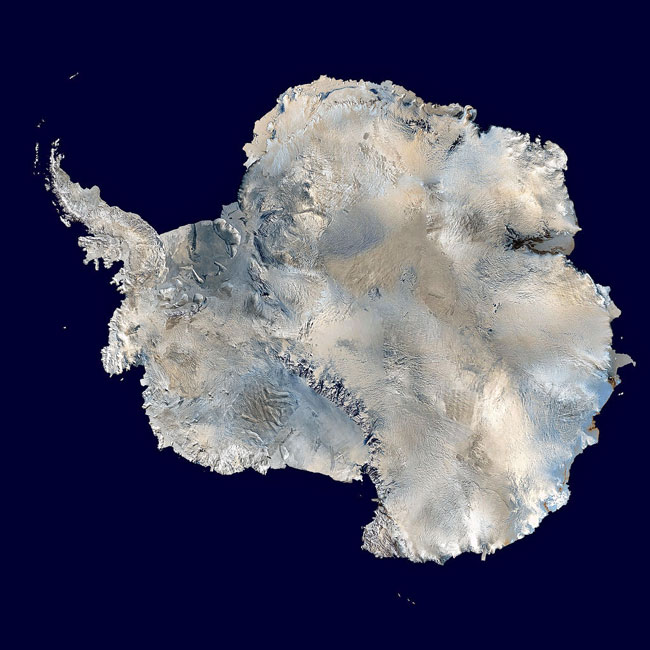
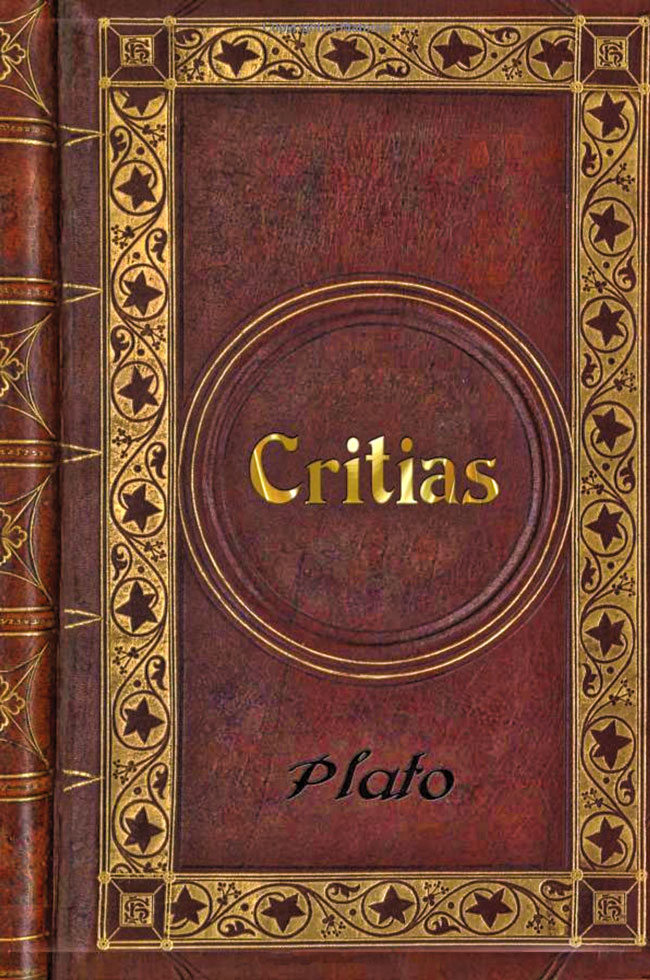
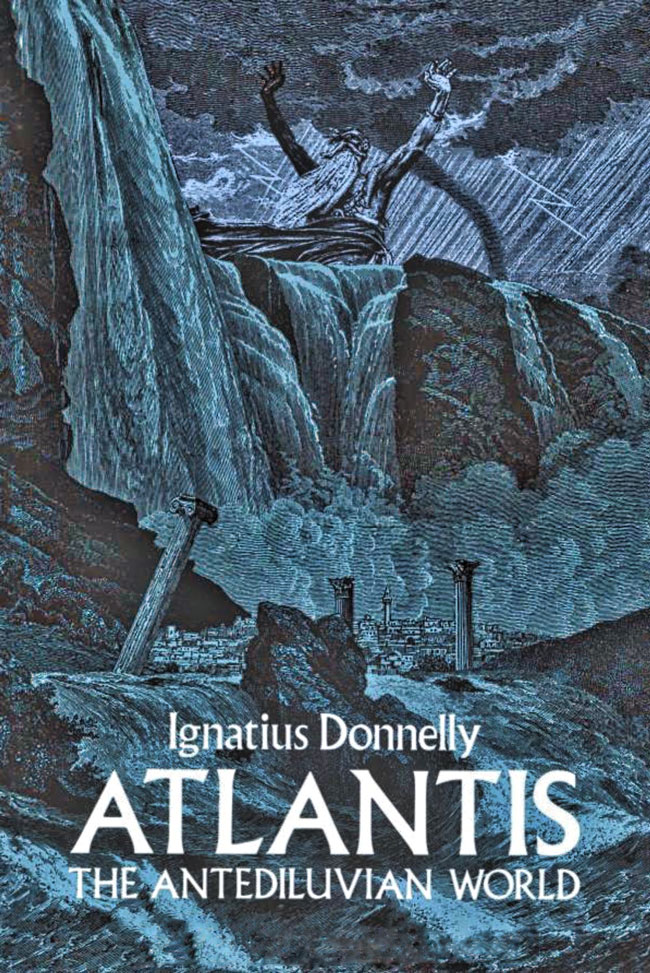
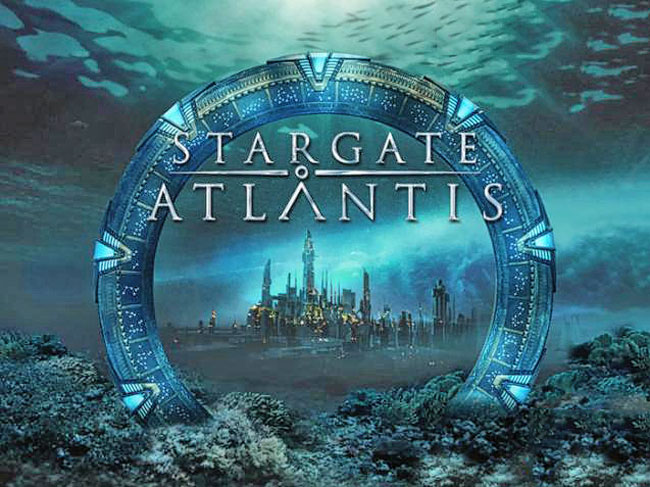
Atlantis CoverUp Content Copyright © 1999 to by The Web Network Inc All Rights Reserved
Great CoverUps * Movie CoverUps
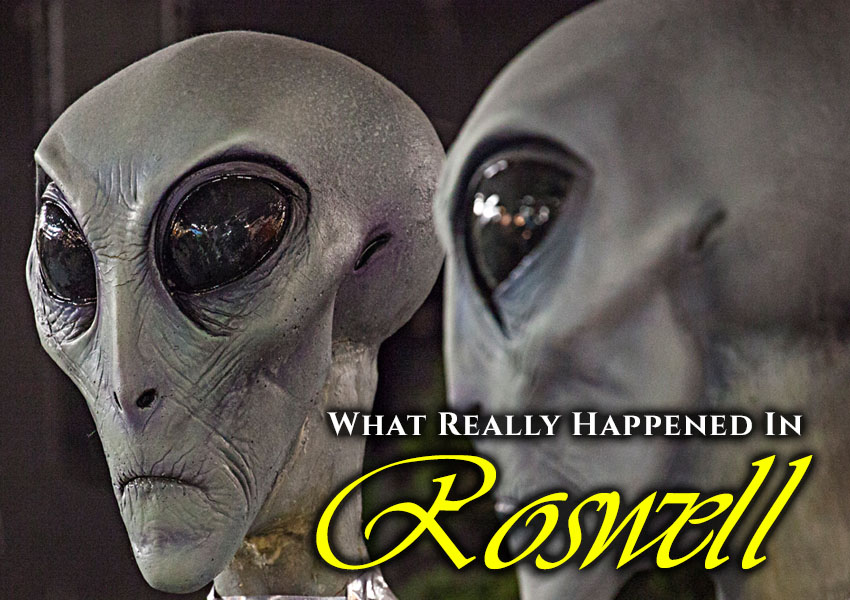
ChristianMusic.com * HistoricClub.com * MurderMysteries.com * Receptions.com




































